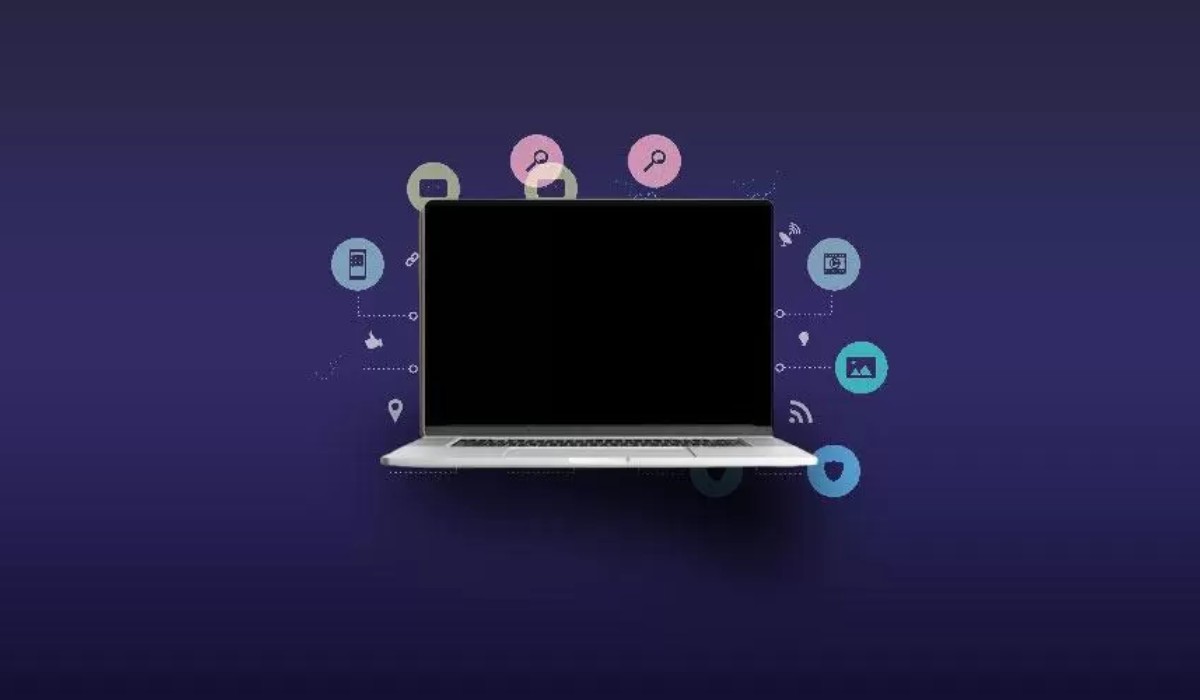In today’s digital age, laptops have become indispensable tools for work, education, entertainment, and communication. Understanding the basic features of a laptop is crucial for maximizing its utility and ensuring a seamless user experience. Whether you’re a student, professional, or casual user, here are some fundamental laptop features that everyone should know about:
Operating System (OS):
- The operating system serves as the backbone of your laptop, providing a platform for running applications and managing hardware resources.
- Common operating systems include Windows, macOS, and various distributions of Linux. Each OS has its unique features and user interface, so choose one that aligns with your preferences and needs.
Processor (CPU):
- The processor is the brain of your laptop, responsible for executing instructions and performing computations.
- Popular CPU brands include Intel and AMD, with different models offering varying levels of performance and efficiency. Look for a processor that suits your workload, whether it’s basic web browsing or intensive multitasking.
Memory (RAM):
- Random Access Memory (RAM) is temporary storage that holds data and instructions for active processes.
- Adequate RAM is essential for smooth multitasking and responsive performance. Consider opting for a laptop with at least 8GB of RAM, especially if you frequently use resource-intensive applications.
Storage (HDD/SSD):
- Storage drives, such as Hard Disk Drives (HDDs) and Solid State Drives (SSDs), store your operating system, applications, and files.
- SSDs offer faster boot times and data access compared to traditional HDDs, making them ideal for improving overall system responsiveness. However, HDDs typically offer larger storage capacities at a lower cost.
Also Read: New Jersey To Host 2026 FIFA World Cup Final
Display:
- The display is your primary interface for interacting with the laptop, so it’s essential to consider factors like size, resolution, and panel type.
- Higher resolution displays provide sharper image quality and more screen real estate for multitasking. Additionally, IPS panels offer better color accuracy and viewing angles compared to TN panels.
Battery Life:
- Battery life determines how long your laptop can operate on a single charge, making it crucial for users who work or study on the go.
- Look for laptops with extended battery life or features like power-efficient processors and display technology to optimize battery longevity.
Connectivity Ports:
- Connectivity ports allow you to connect external devices, such as monitors, printers, and storage drives, to your laptop.
- Common ports include USB Type-A, USB Type-C, HDMI, and headphone/microphone jacks. Ensure that your laptop has an adequate selection of ports to accommodate your peripherals.
Keyboard and Touchpad:
- A comfortable keyboard and responsive touchpad are essential for productivity and ease of use.
- Consider factors like key travel, layout, and tactile feedback when evaluating the keyboard. Additionally, multi-touch gestures and precision tracking enhance the functionality of the touchpad.
By familiarizing yourself with these basic laptop features, you can make informed decisions when purchasing a new laptop and optimize its performance to suit your needs. Whether you’re a student, professional, or casual user, understanding these features will empower you to make the most out of your laptop experience.











